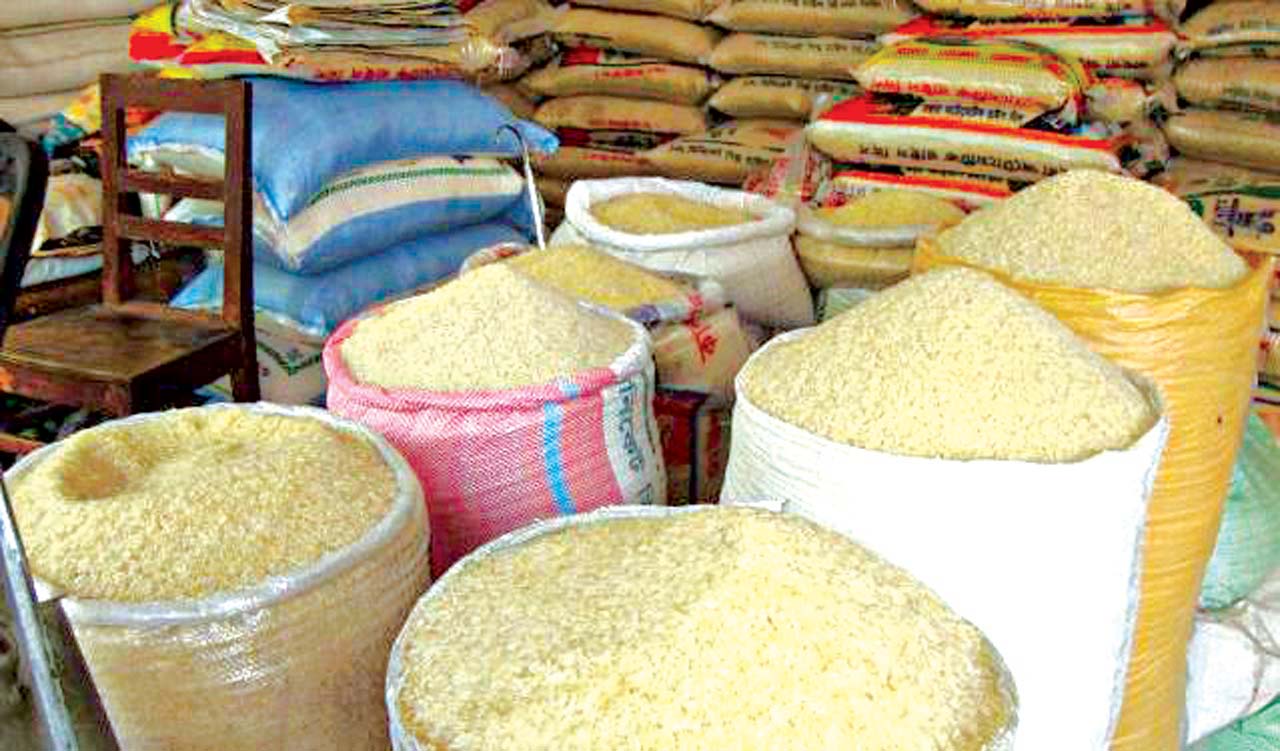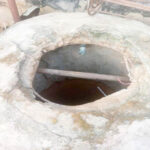Rice users in Kano State have expressed concern as the price of locally milled rice continues to rise in the market.
Recent checks have revealed that a 50kg bag of locally milled rice is now selling at N47,500, a price said to be the highest ever. According to a resident of Kawo in Nassarawa Local Government Area of the state, Malam Musa Hamisu, rice being the simple food staple used by almost every family is now becoming so expensive that soon it will be out of reach of the common citizen. He explained that even at the local rice milling centres such as Bunkure, Kura and Gezawa, a 100kg of rice is selling above N80,000.
“The scariest thing is that the price keeps going up day by day. My fear is that the fasting period is now approaching and from all indications, the price of rice will keep going up and probably it will hit N60, 000 during the fasting period. However, the irony remains like that of the fuel we produce and we lack what we produce,” he said.
A rice merchant, Alhaji Maikano Bello, revealed that a ton of rice paddy is now selling at N450,000 as against N320, 000 in December. He explained that the high demand for rice paddy by small and mega rice mills as well as the high demand for Nigerian rice from neighbouring countries is responsible for the high cost of rice being experienced recently.
FG, Abu Dhabi govt parley on supply of 14,000 Nigerian artisans
Tributes as Baba Adinni of Lagos buried
He revealed that due to the fall in the value of naira, many merchants prepare to trade Nigerian rice paddy abroad than within the countries adding that even the milled rice is being smuggled to countries like the Niger Republic and Cameroon just to earn forex.
“People now prefer to trade rice paddy and milled rice in our neighbouring countries because of the forex. Nigerian naira has less value than their currency and they will buy the commodities in naira and sell in foreign denominations. That way they stand to gain more at the detriment of the citizens of Nigeria,” he revealed.
However, one of the millers, Alhaji Shehu Oscar attributed the high price of rice to climate change that resulted in early rain seizures last wet season, which affected rice production. He also attributed the high cost of rice to diesel and transportation costs..
Oscar called on authorities concerned to do the needful, to ease the tension currently growing in the food sector because people are silently suffering.

 Join Daily Trust WhatsApp Community For Quick Access To News and Happenings Around You.
Join Daily Trust WhatsApp Community For Quick Access To News and Happenings Around You.


